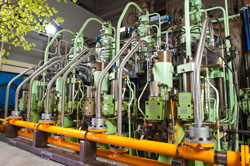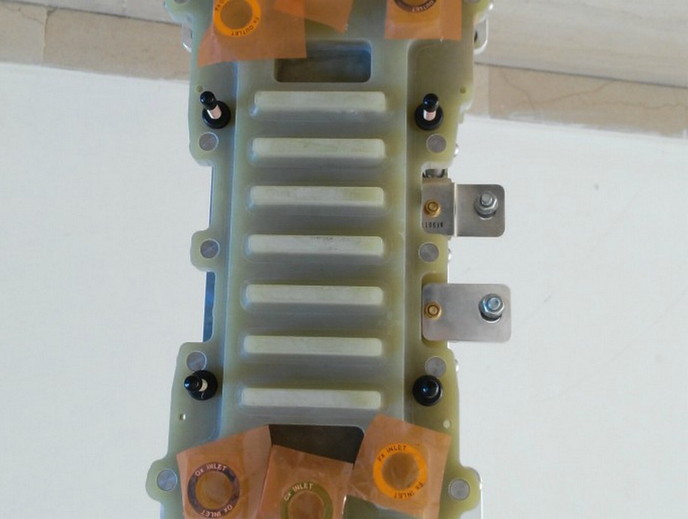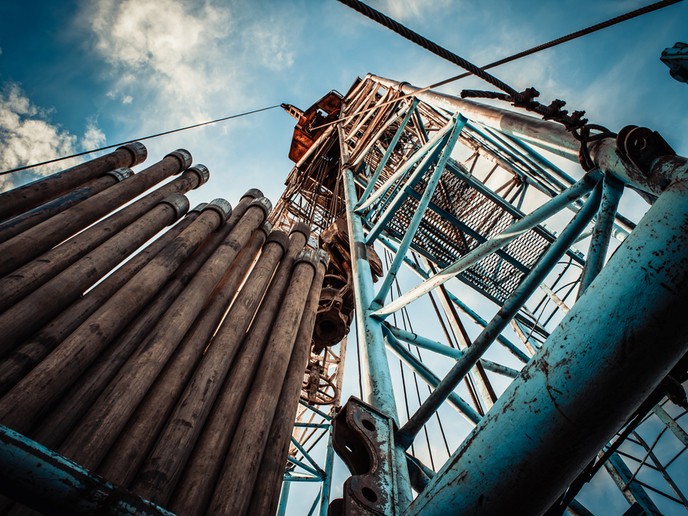Natural gas-burning diesel engines for marine fleets
Dual fuel engines have been around for years primarily for use in diesel generators. They are diesel engines fitted to burn natural gas as well. Their uptake into the transport market was rather limited until recently. Technology is now available to convert conventional road transport engines to dual fuel ones using compressed natural gas (CNG) or liquefied natural gas (LNG). Many consumers and transport companies are taking advantage of it. Adapting dual fuel technology for marine transportation could make a sizeable contribution to the reduction of emissions given that 99 % of the commercial fleet is powered by diesel engines. Thus, a simple retrofit of existing engines would make a huge impact. European scientists initiated the 'High pressure electronically controlled gas injection for marine two-stroke diesel engines' (Helios) project to create a research platform for developing a marine gas-diesel engine concept. In order to do so, they developed a number of tests related to engine function, compliance with emissions legislation and fuel economy. Simultaneously, they are developing guidelines for the installation of the gas tank and distribution systems onboard. Preliminary performance and emissions tests on a prototype retrofitted gas engine demonstrated higher efficiency and lower emissions than achieved with diesel fuel. With confirmation of the concept's benefits, testing and optimisation will be intensified in the coming months. Aside from a final deliverable of a dual fuel marine engine running on diesel and CNG/LNG, Helios has already produced a novel handheld calibration device and a sensor system for online analysis of gas mixture composition is being developed. Commercialisation of Helios concepts should thus have far-reaching effects on marine transport, engine design and calibration, and gas sensor technology as well.







